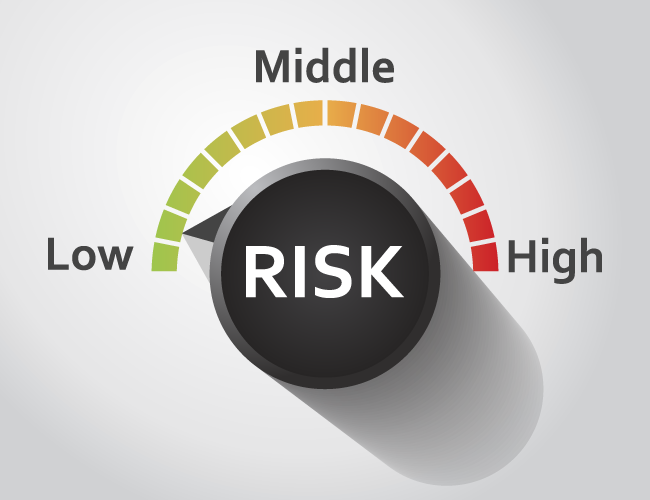Types of EHRs: Scope
To begin this series of posts, let’s look at a concept I’m calling “scope”. In reference to EHRs, scope doesn’t refer to the number of users a particular EHR has, but rather, to the number of different roles for which it’s designed. For example, a large scale medical EHR needs different roles or tracks for each of the various personnel that might need to add something to a patient’s chart. That could mean, for example, different tracks for scheduling, billing, intake, nurses and other mid-levels, doctors, lab technicians, social workers, etc. Additionally, such EHRs are designed primarily for hospital settings. Doctors who are affiliated with the hospital can typically access the EHR from their office, but the EHR itself was developed with hospitals in mind.





